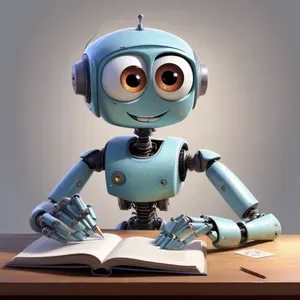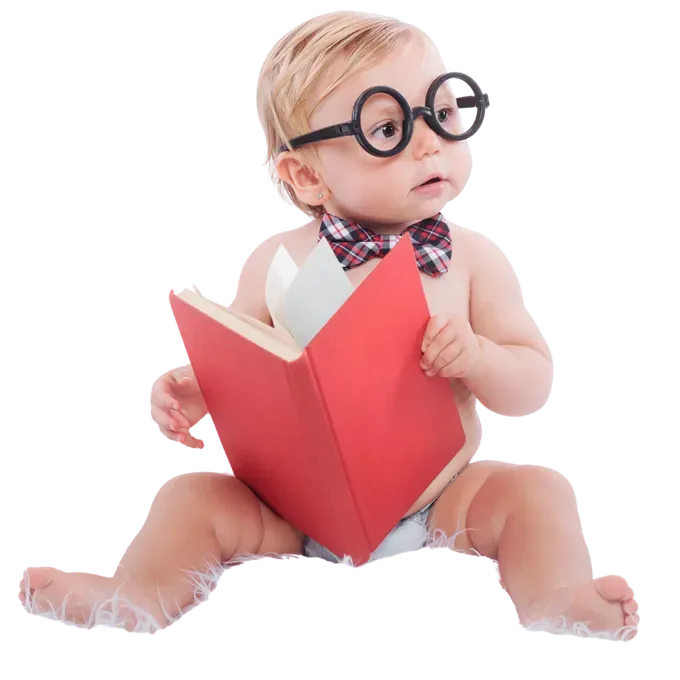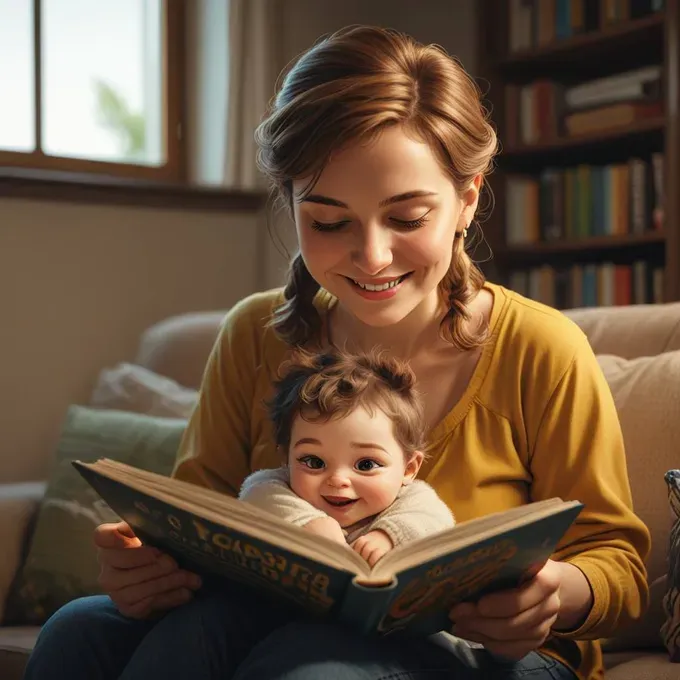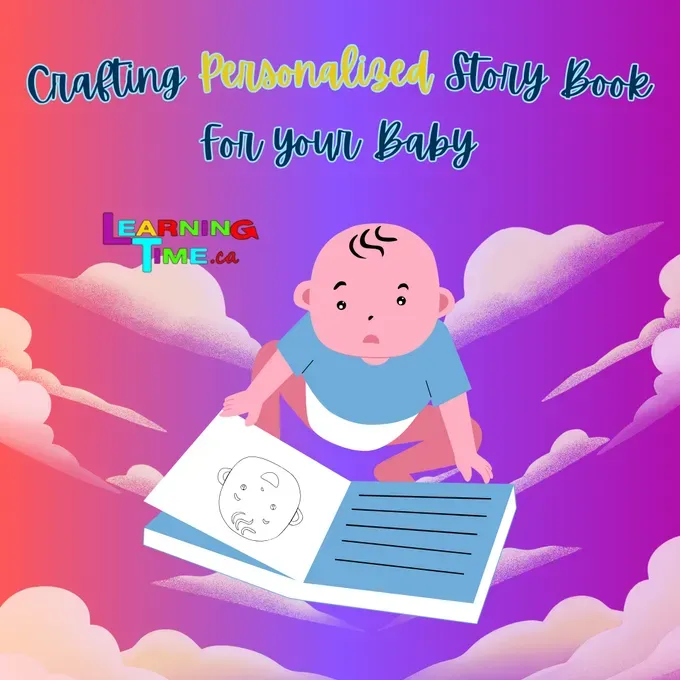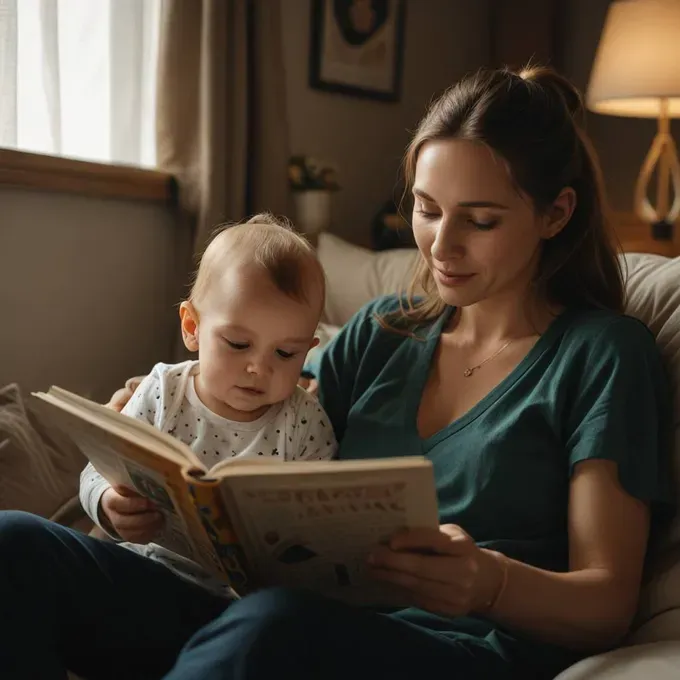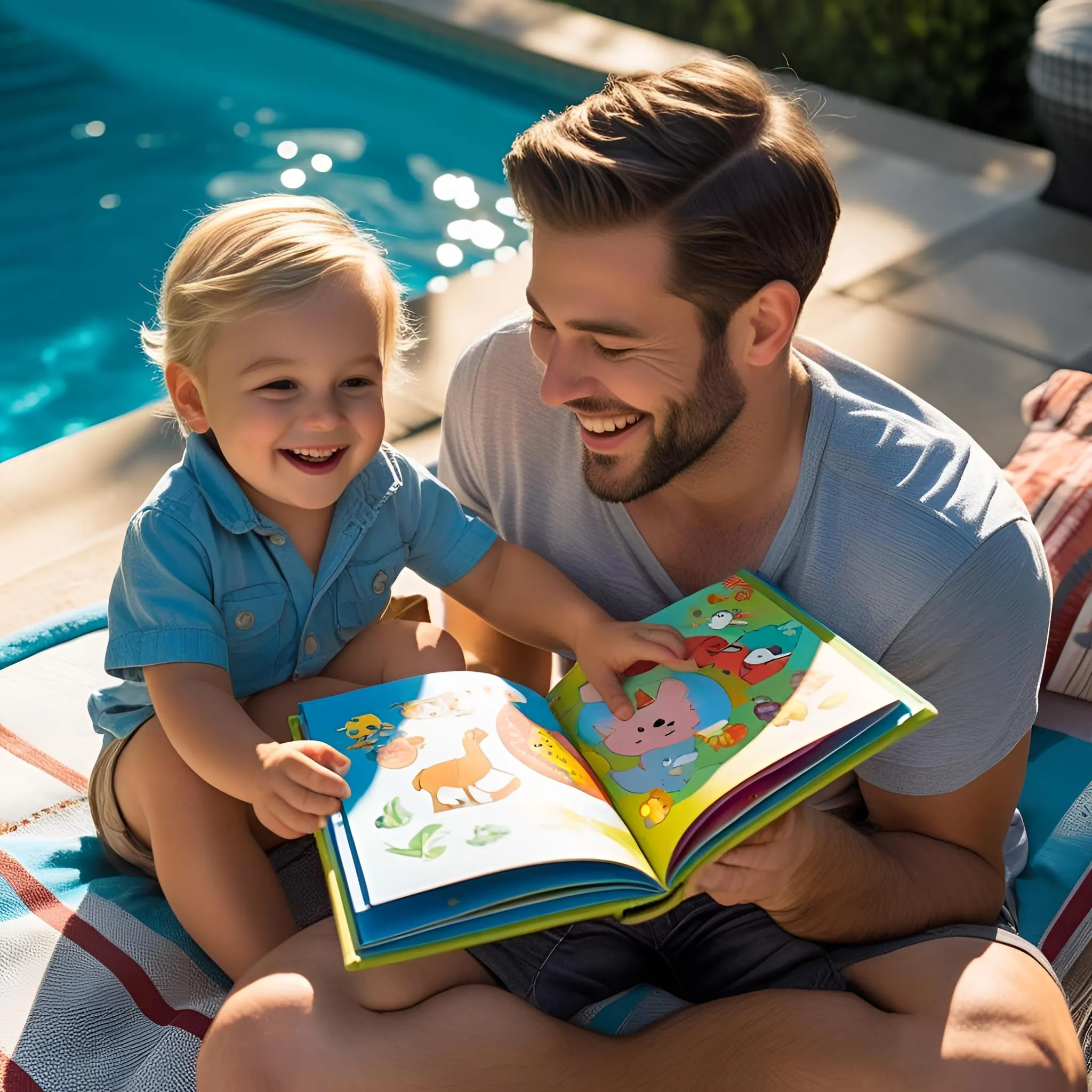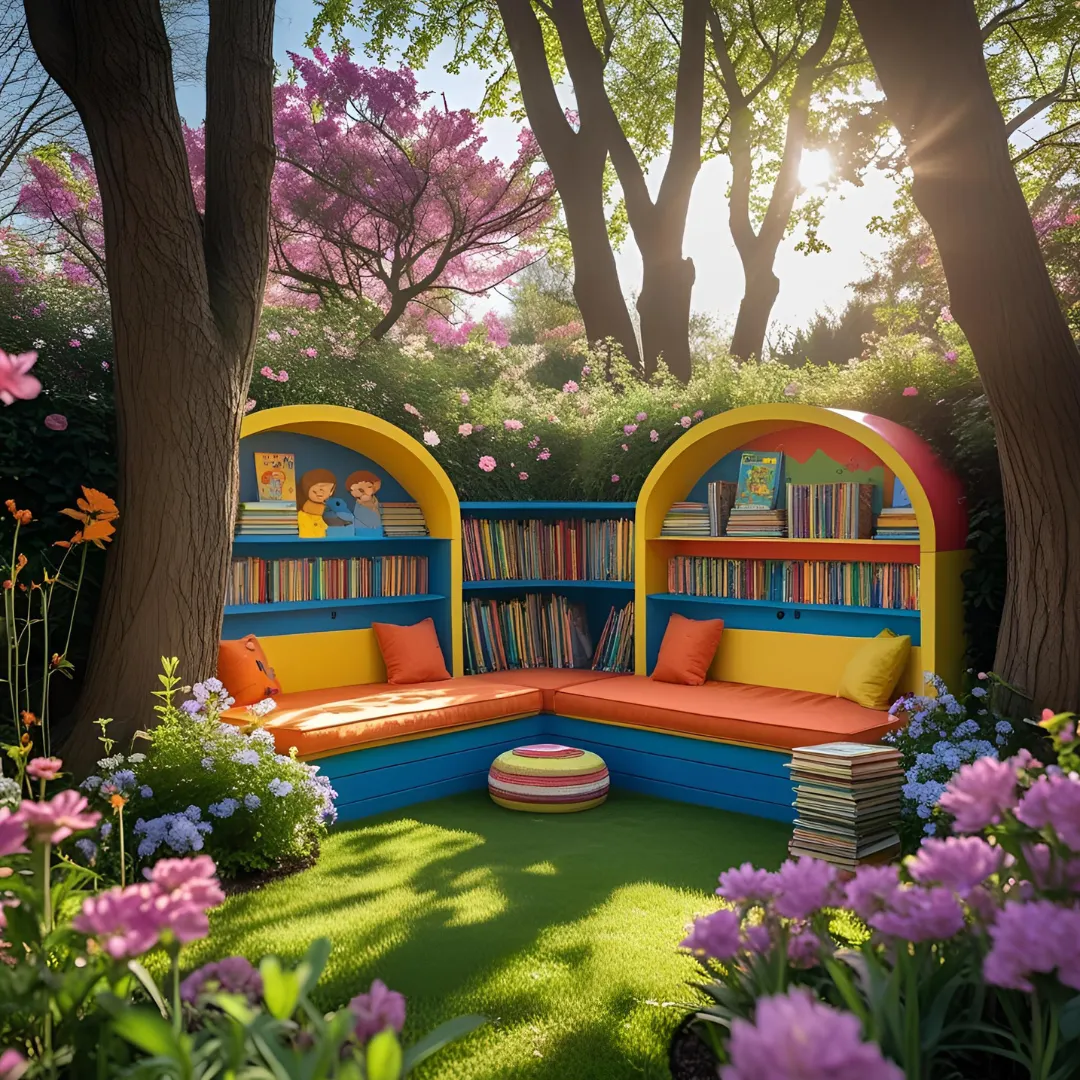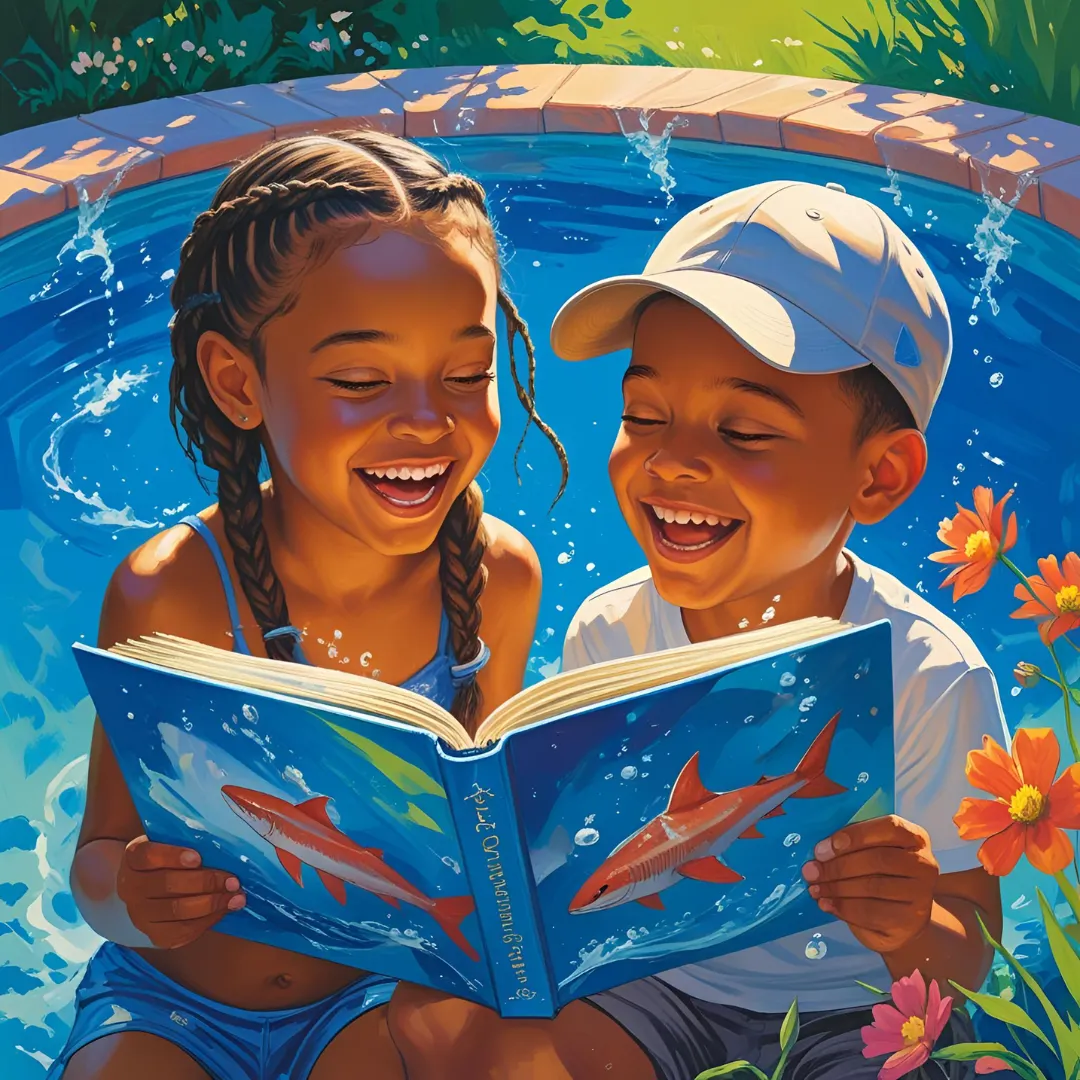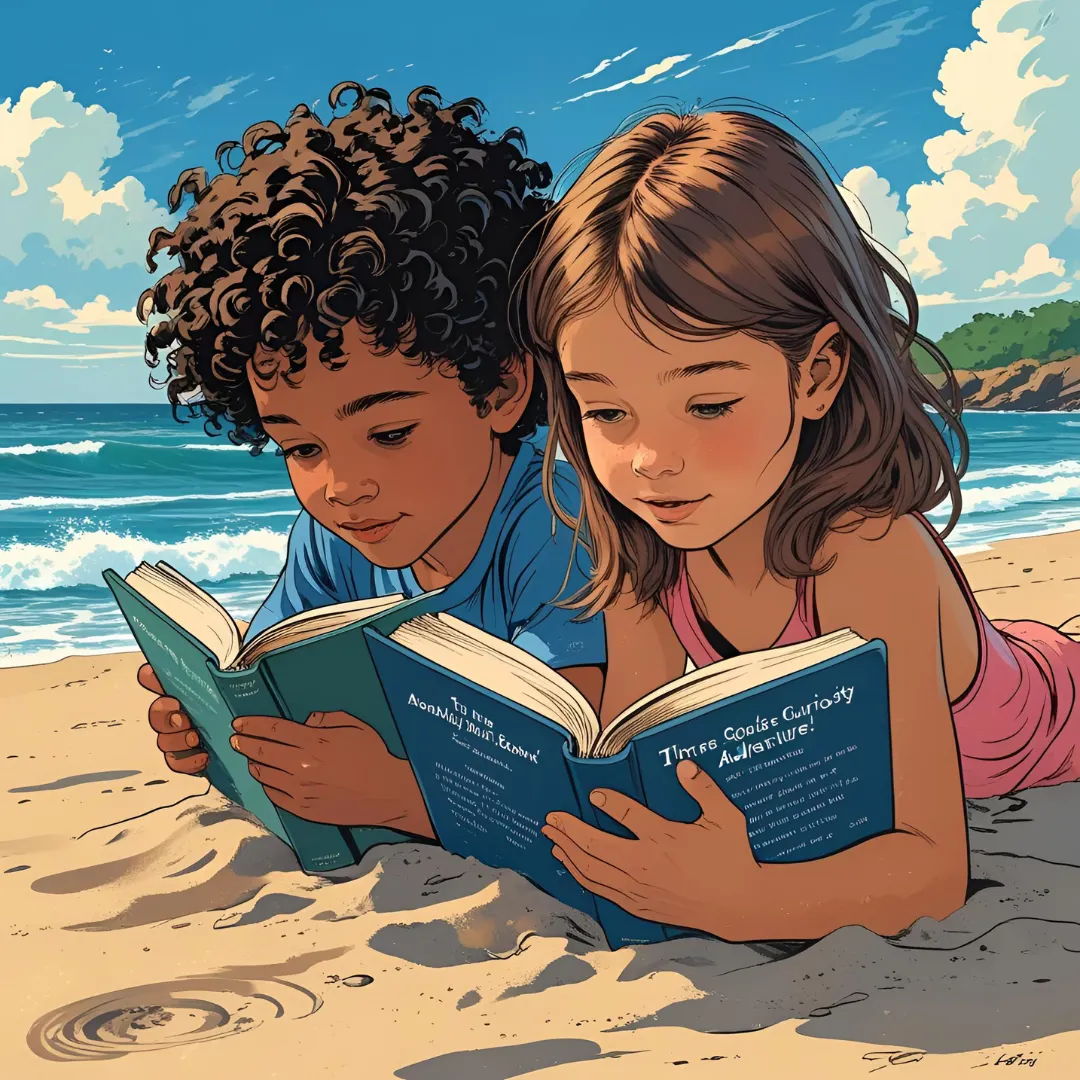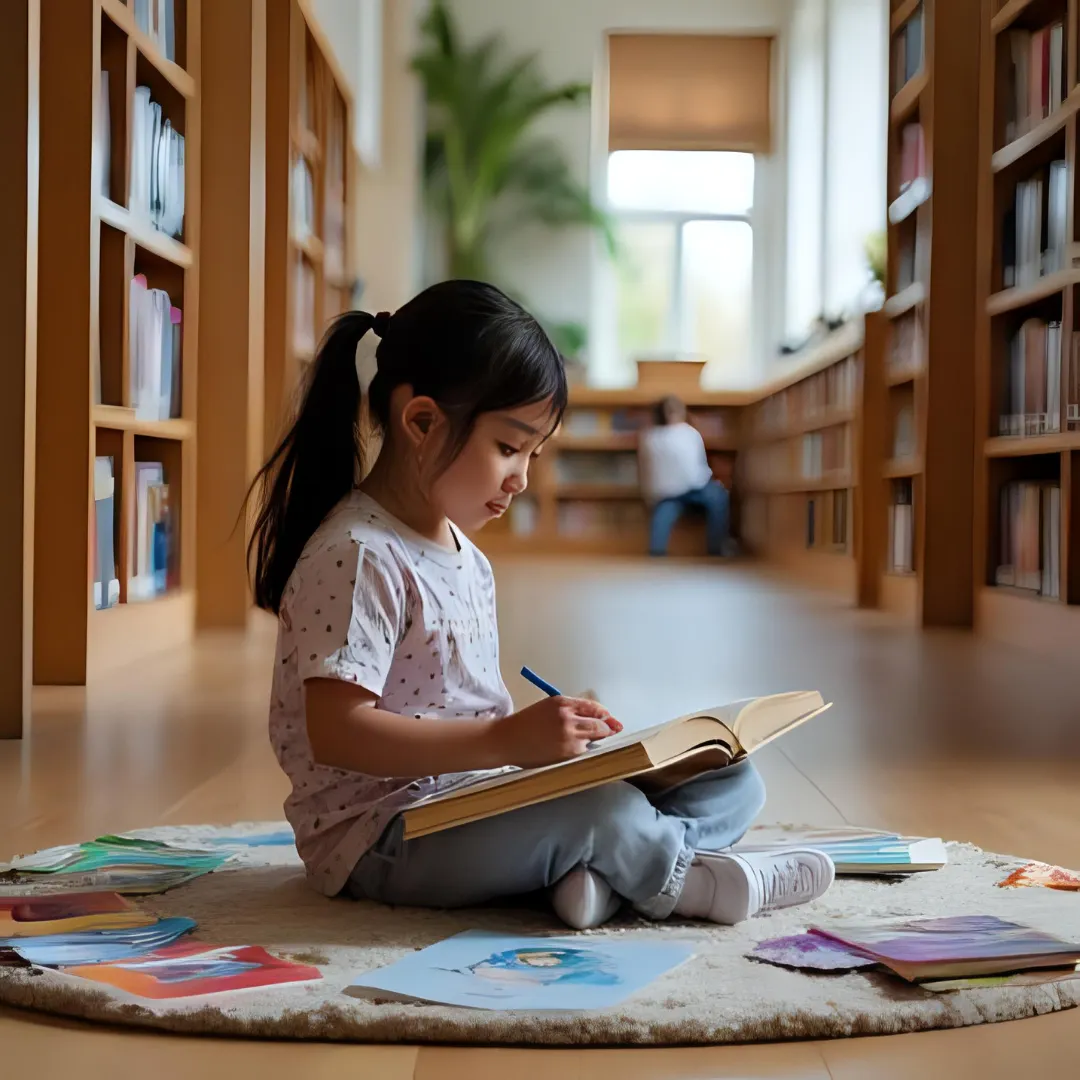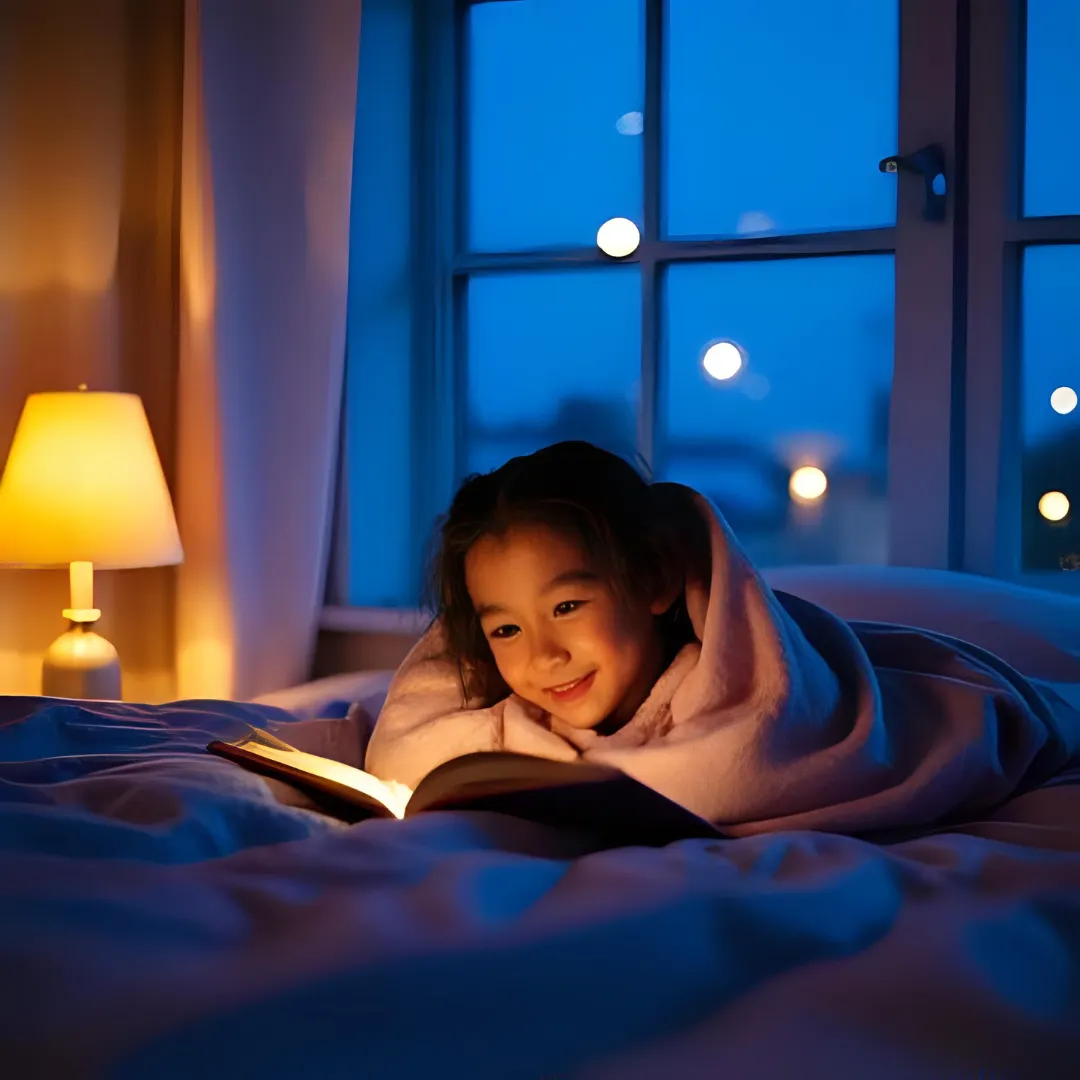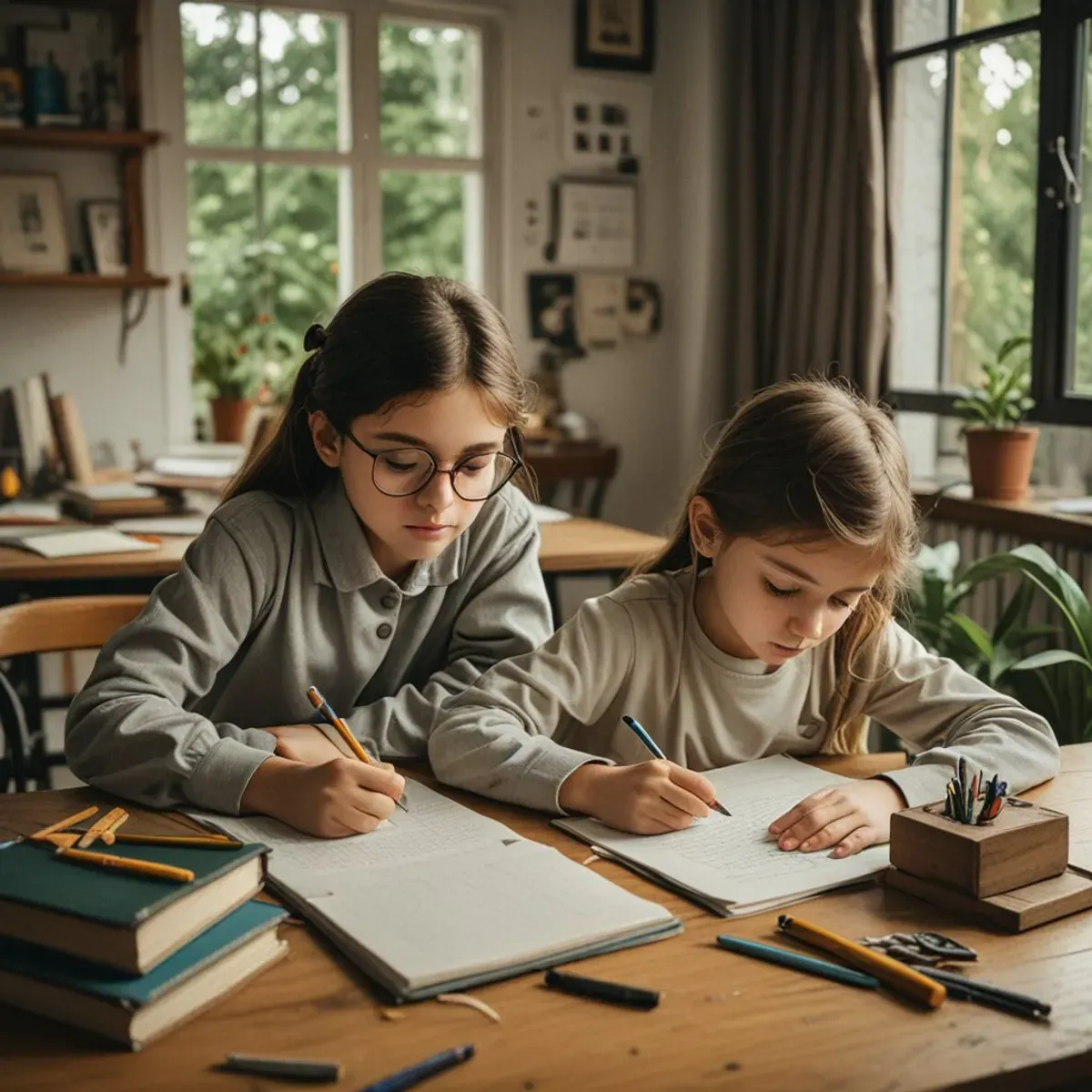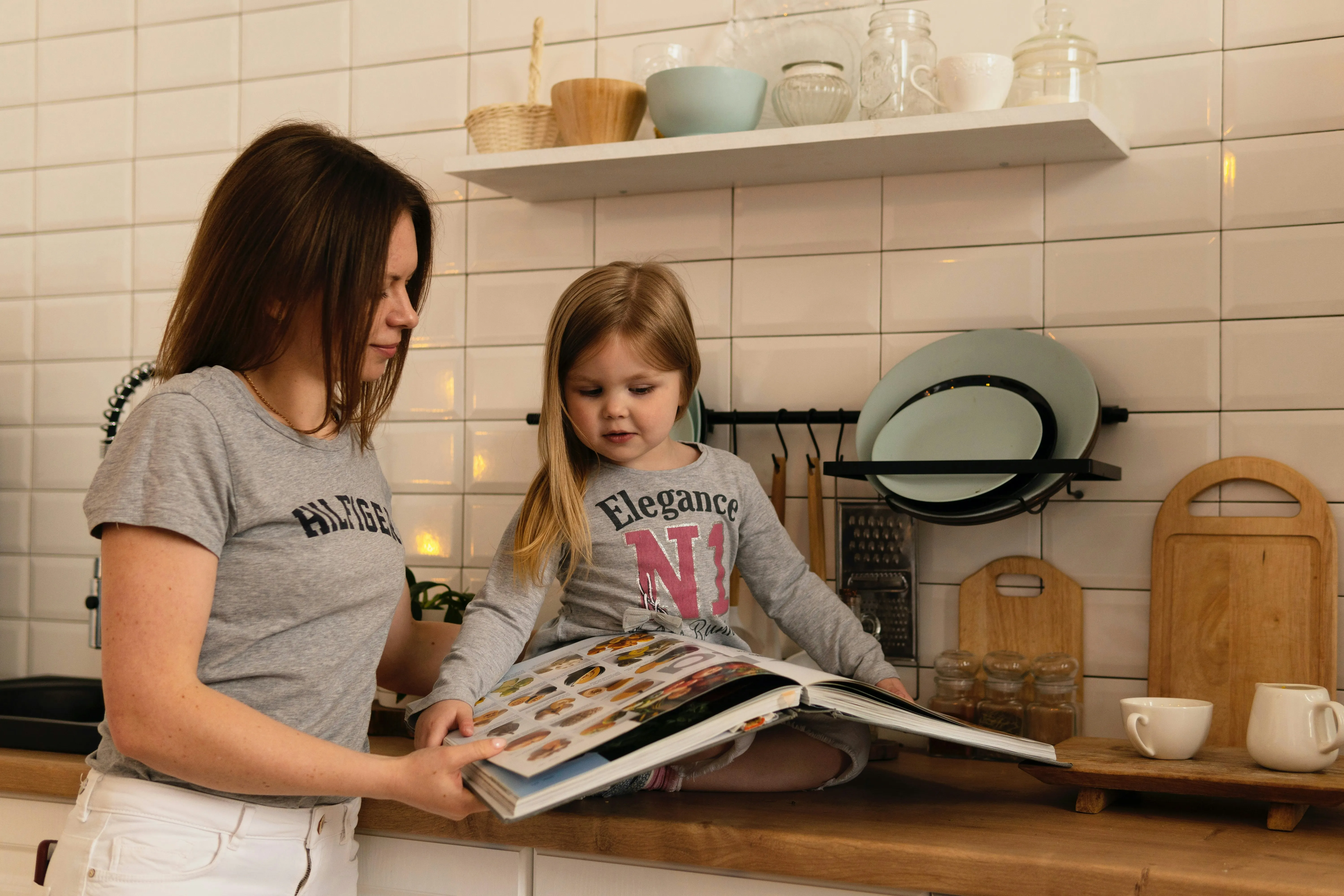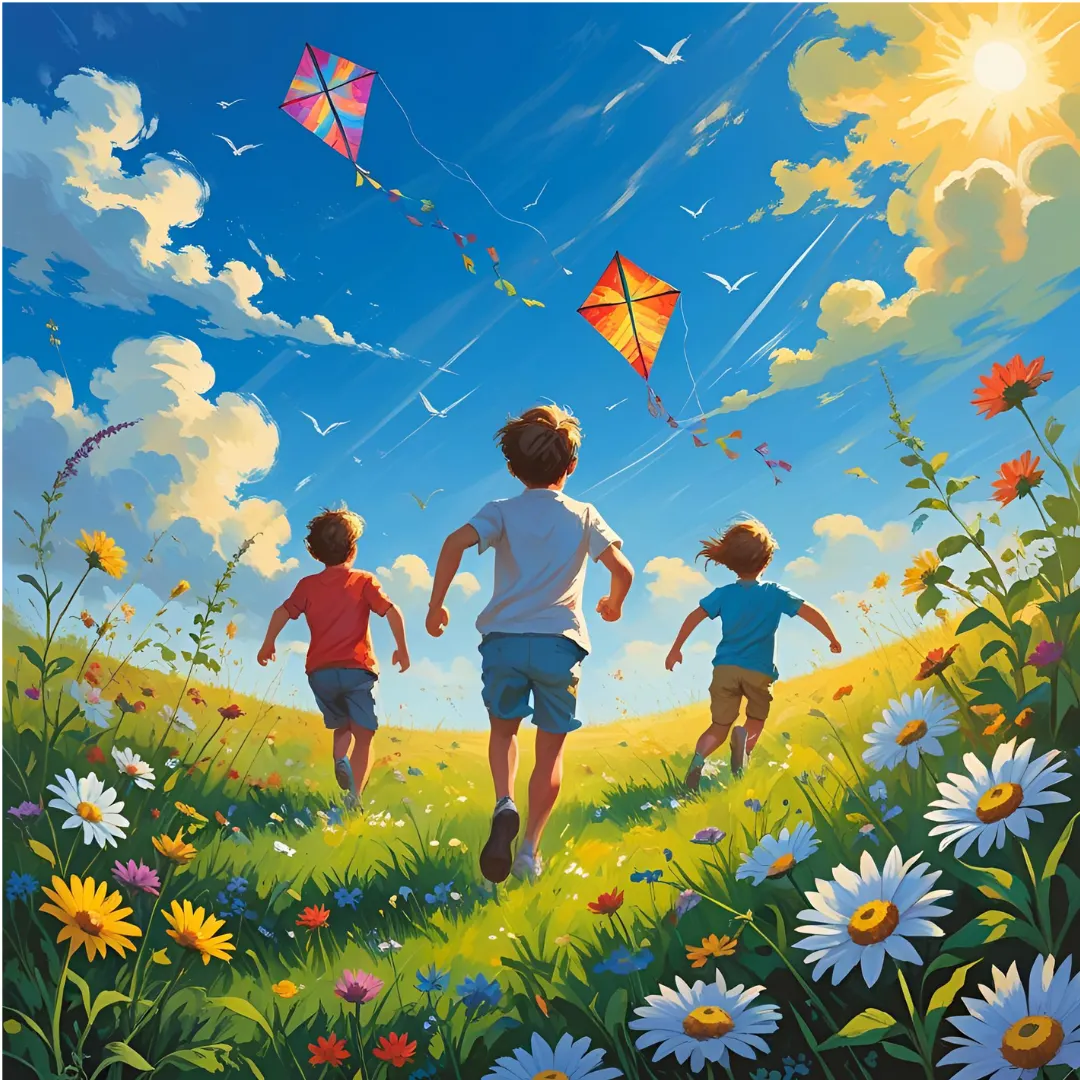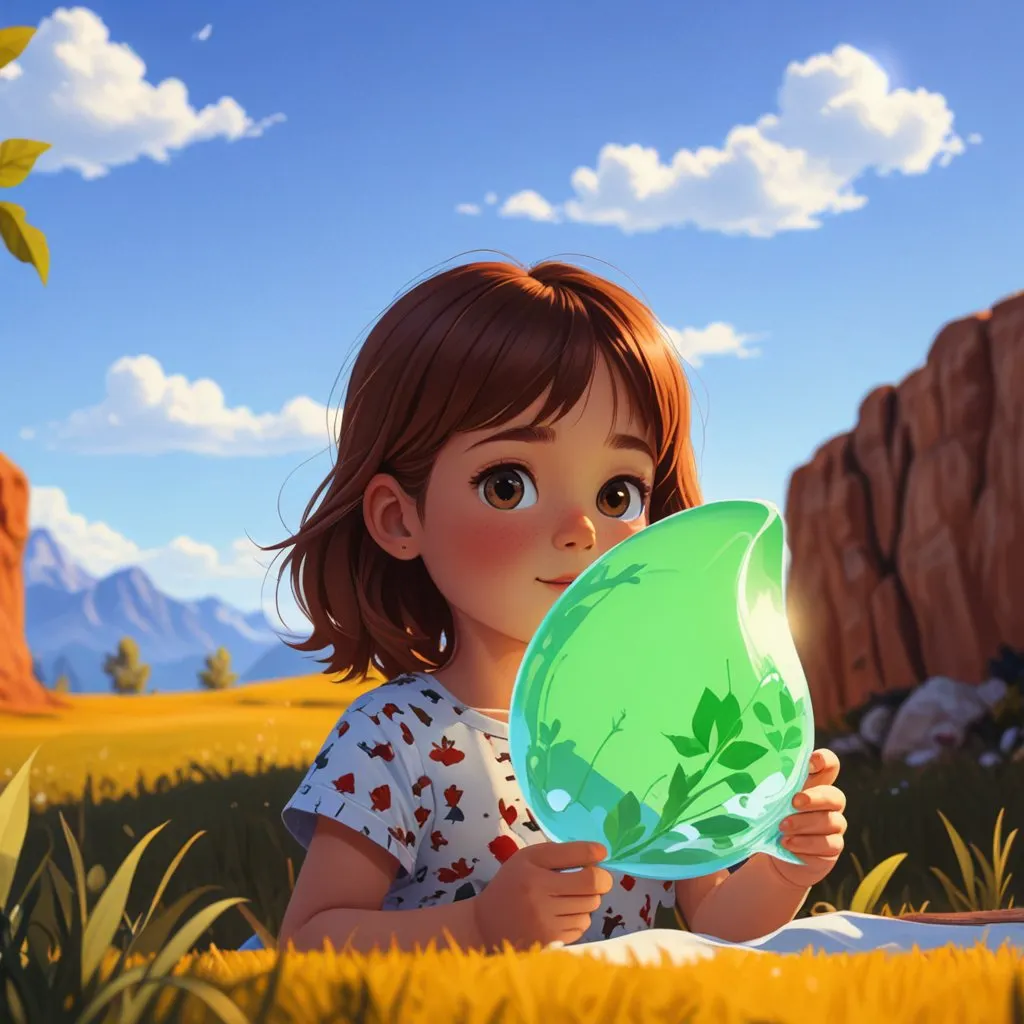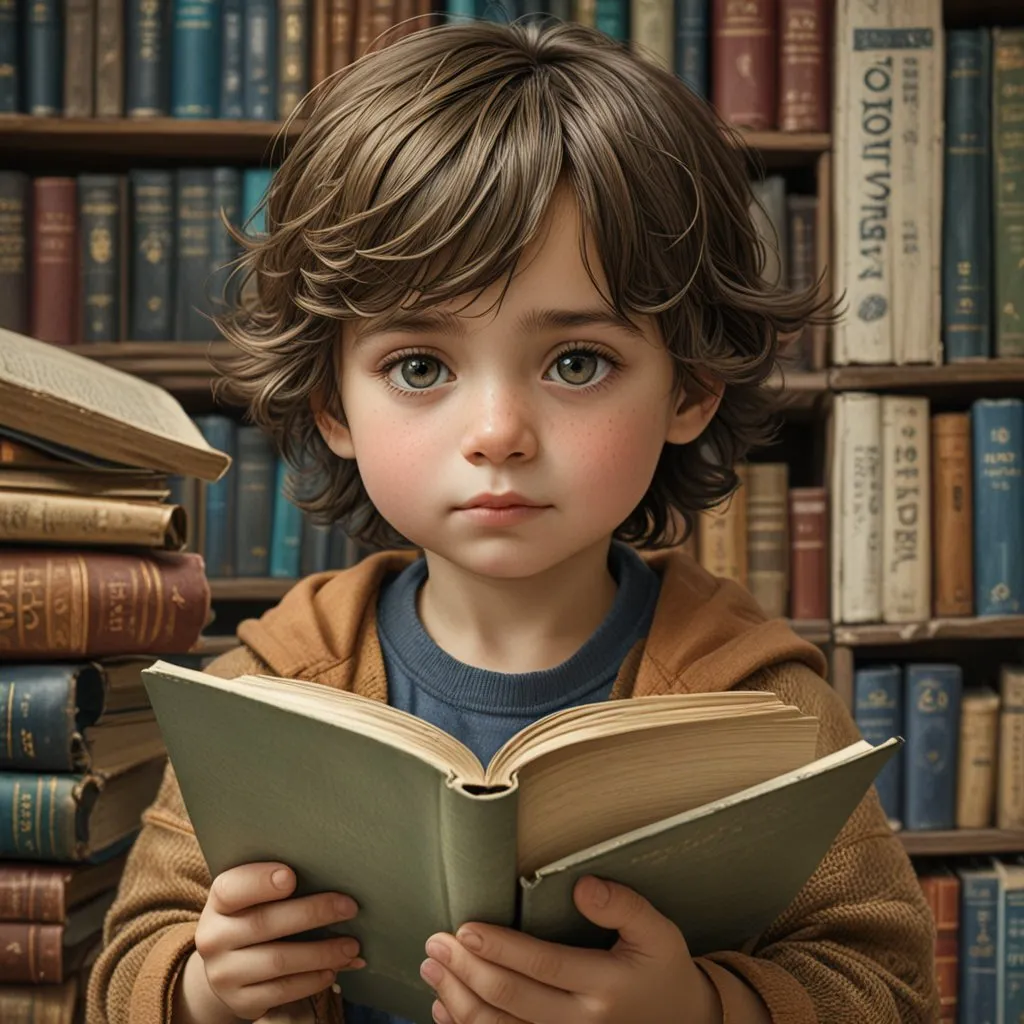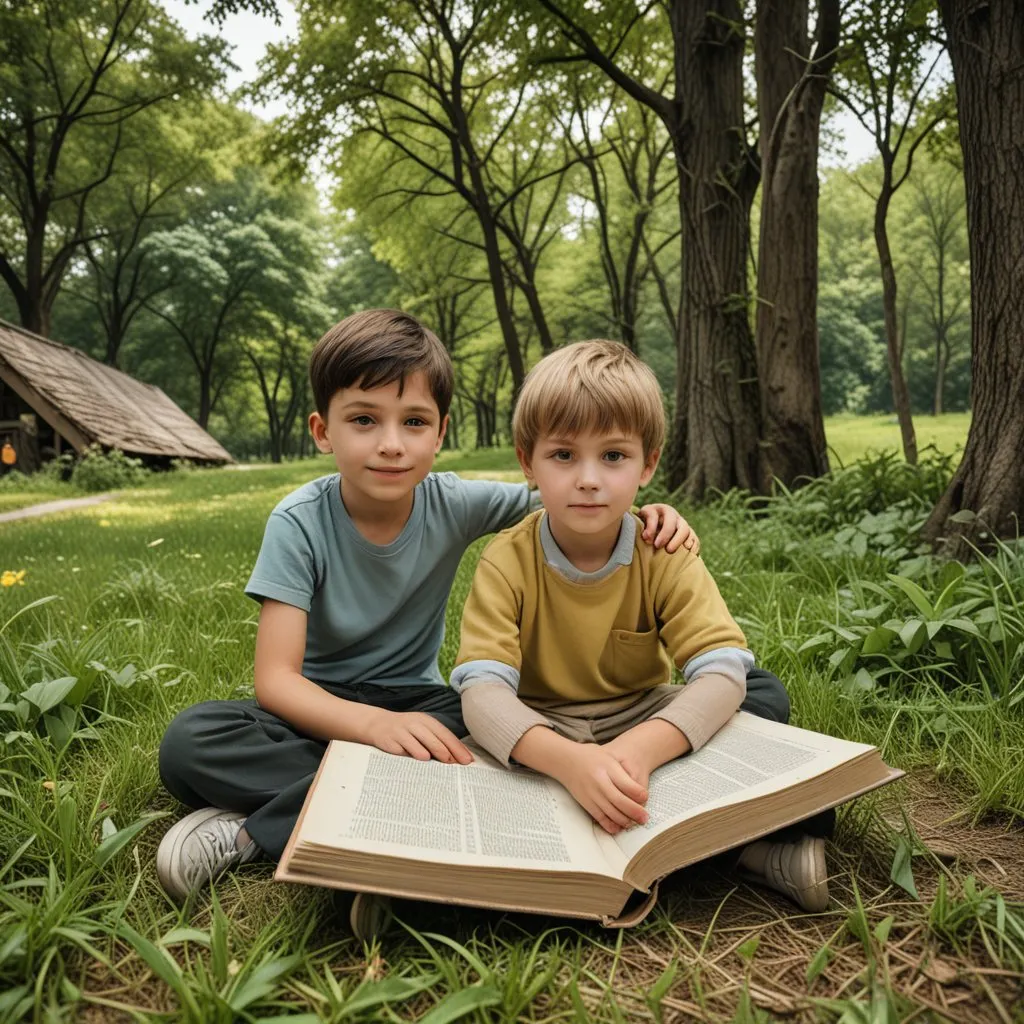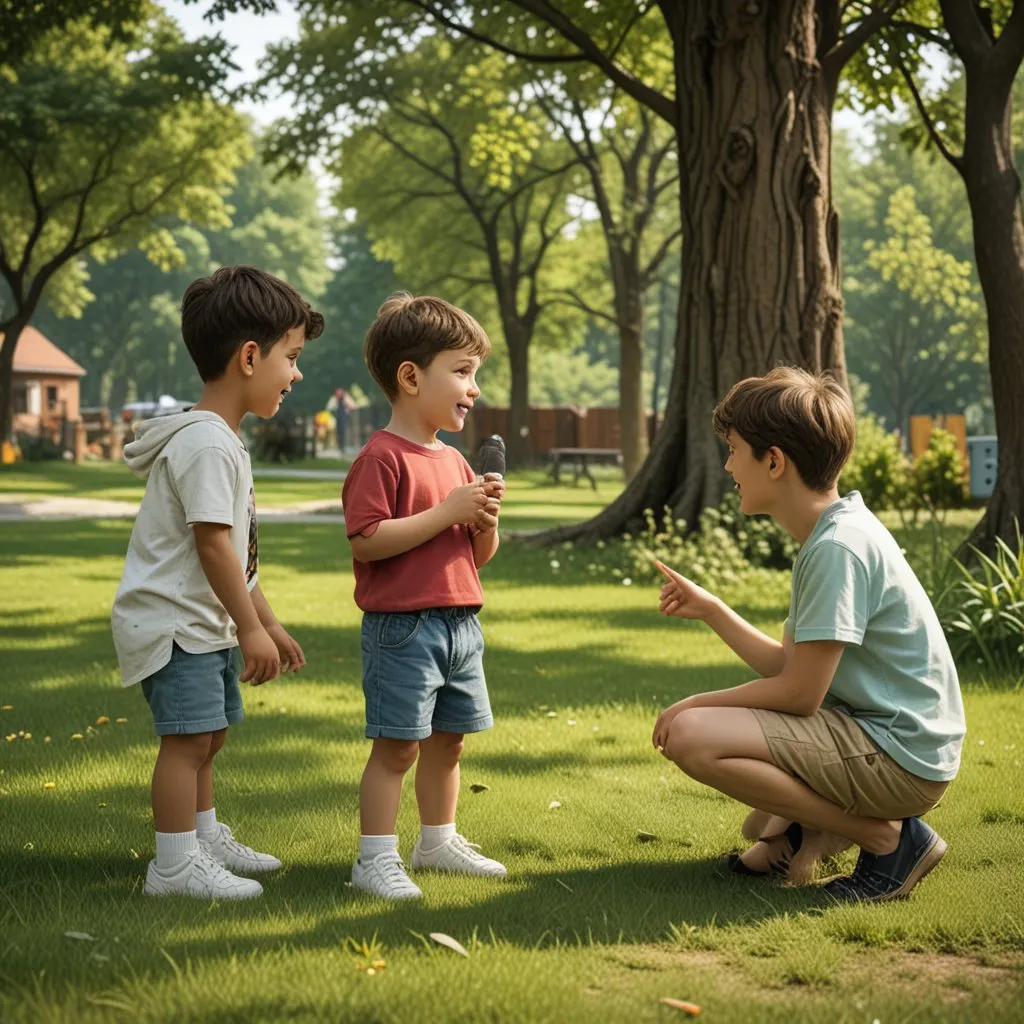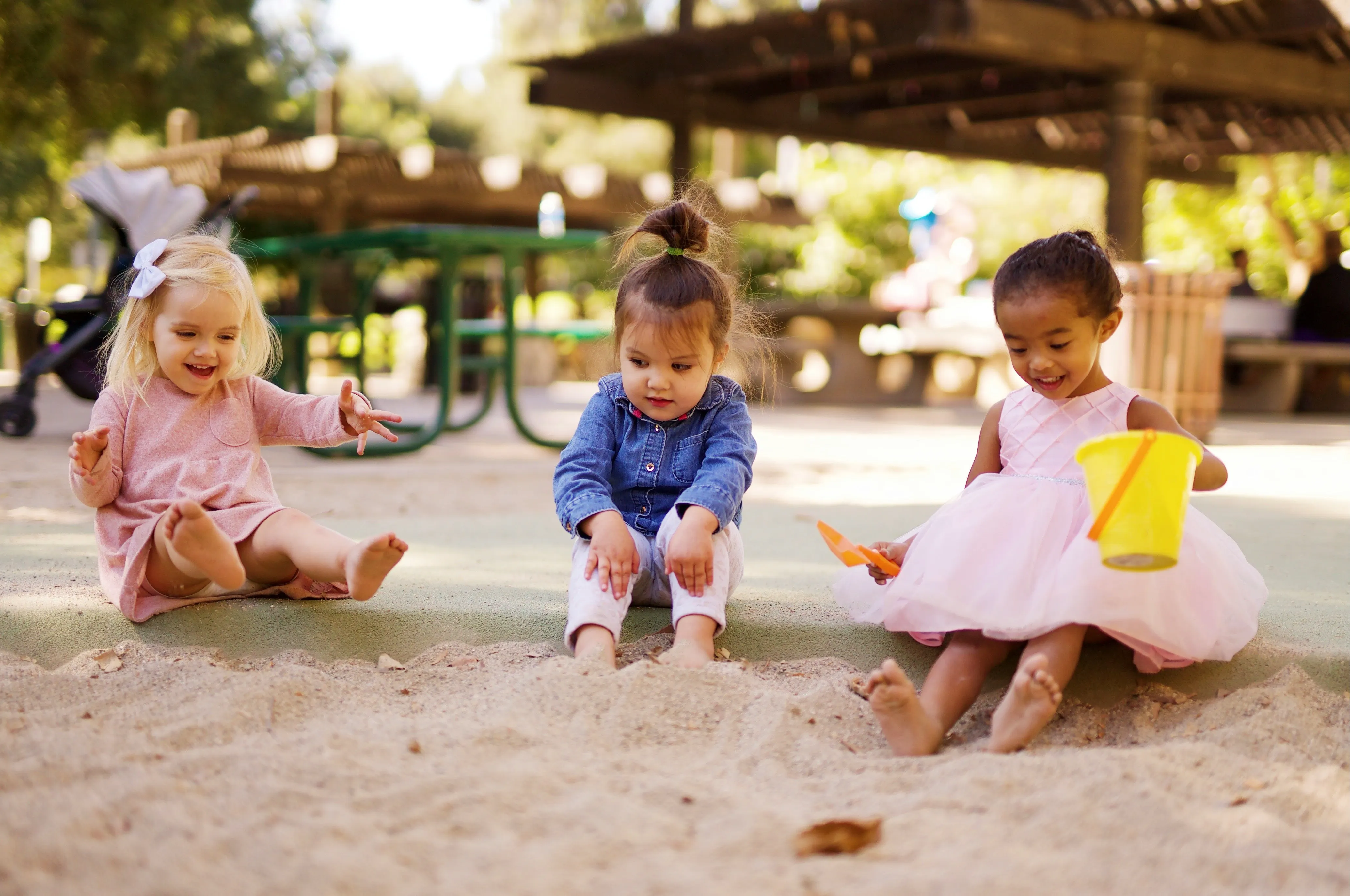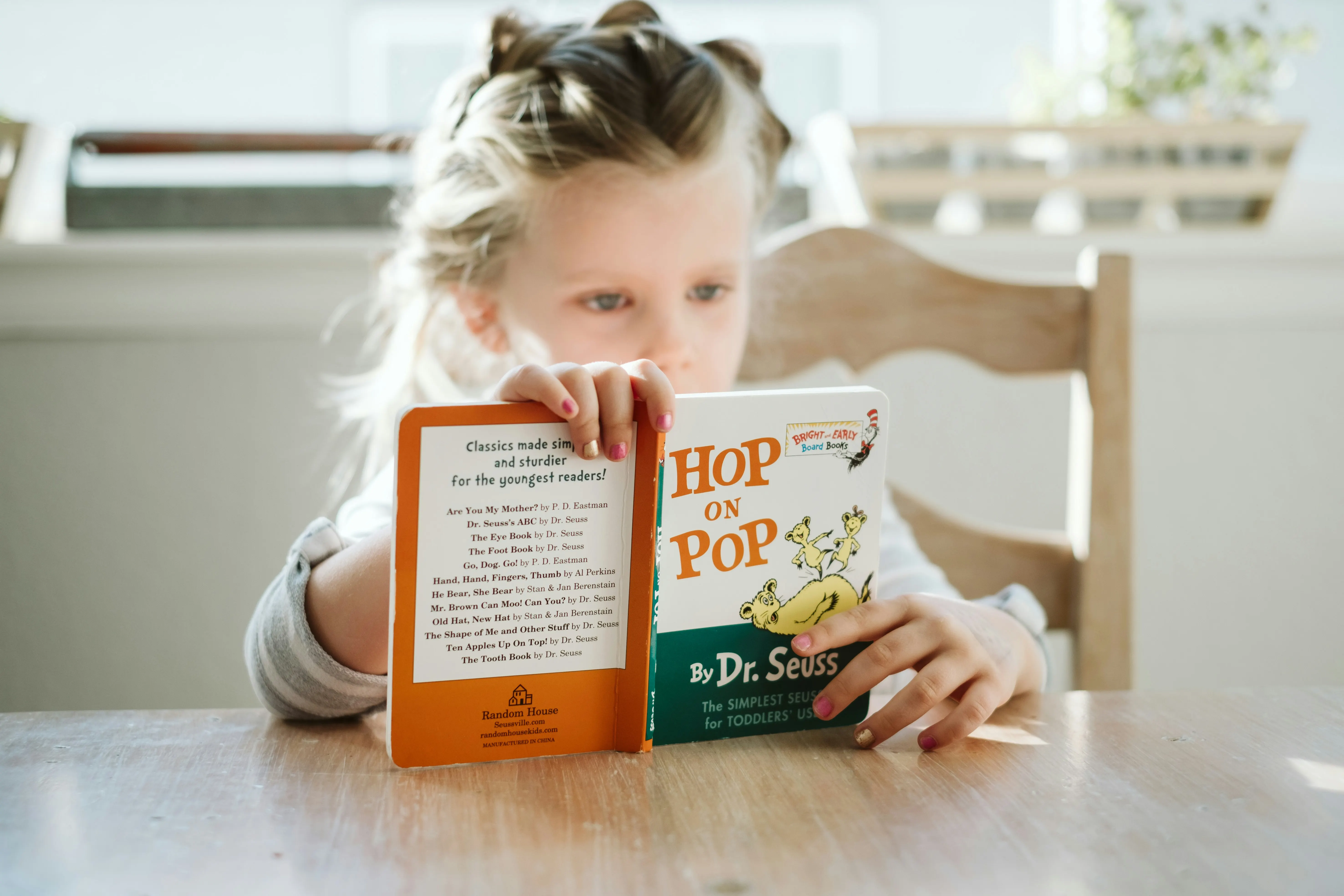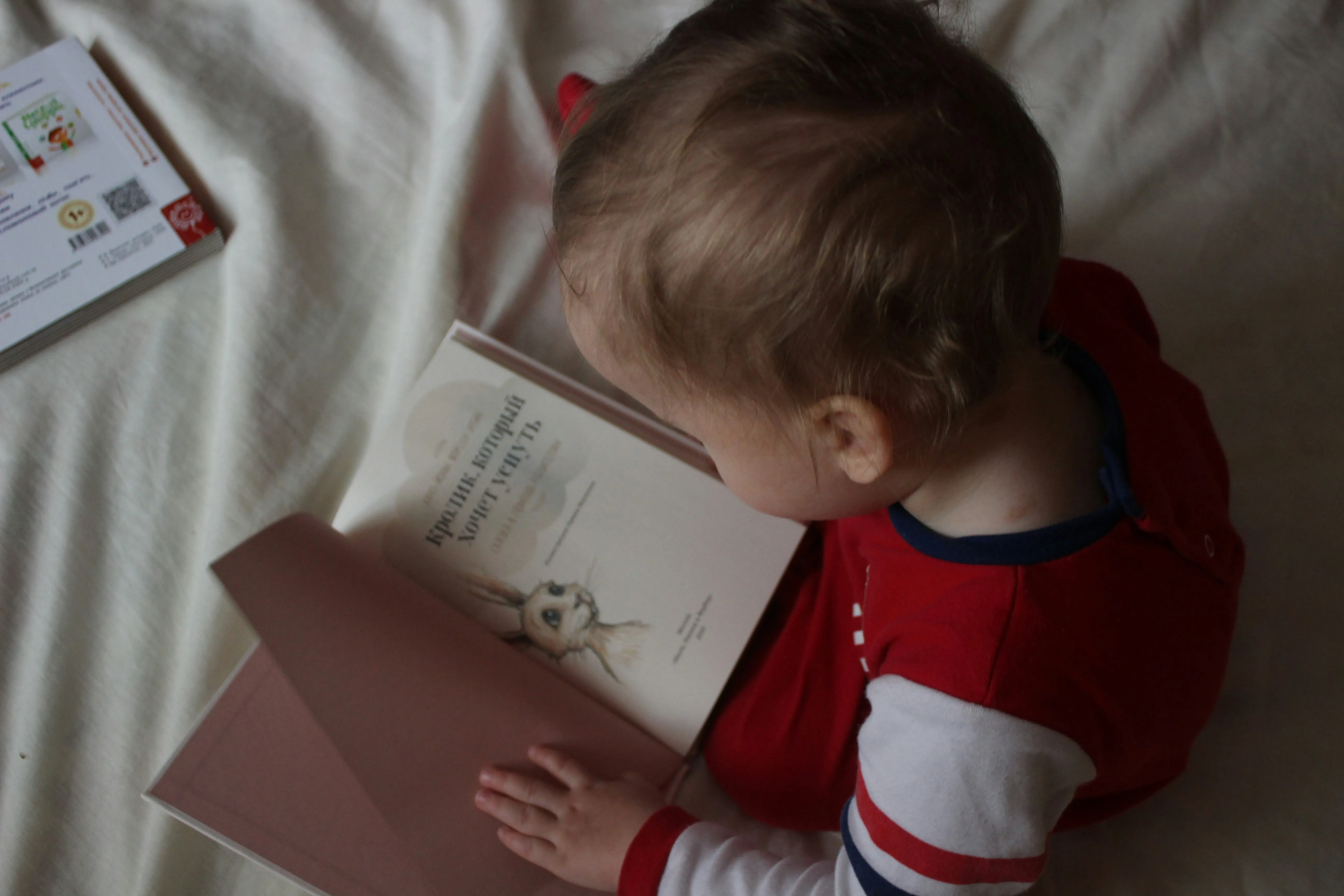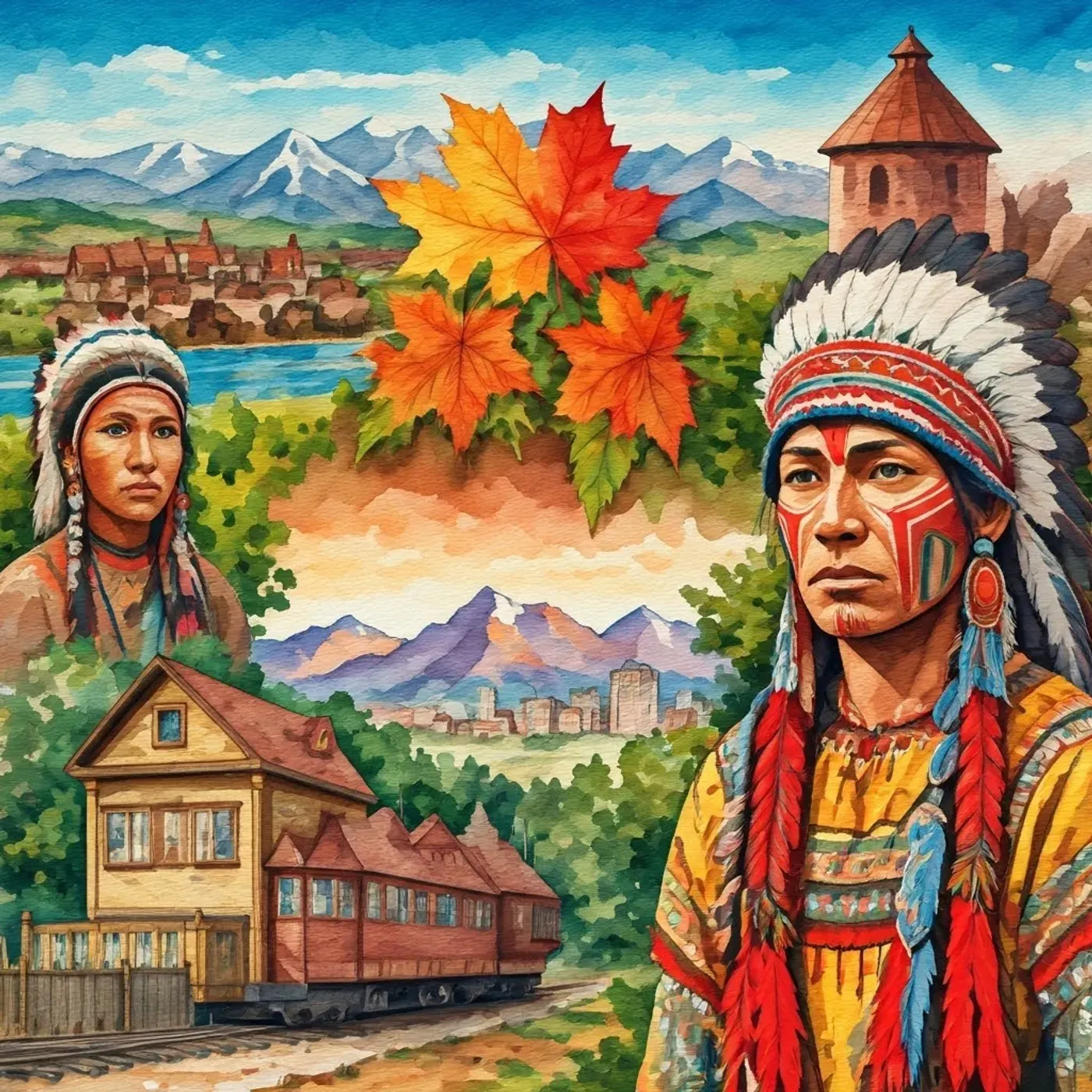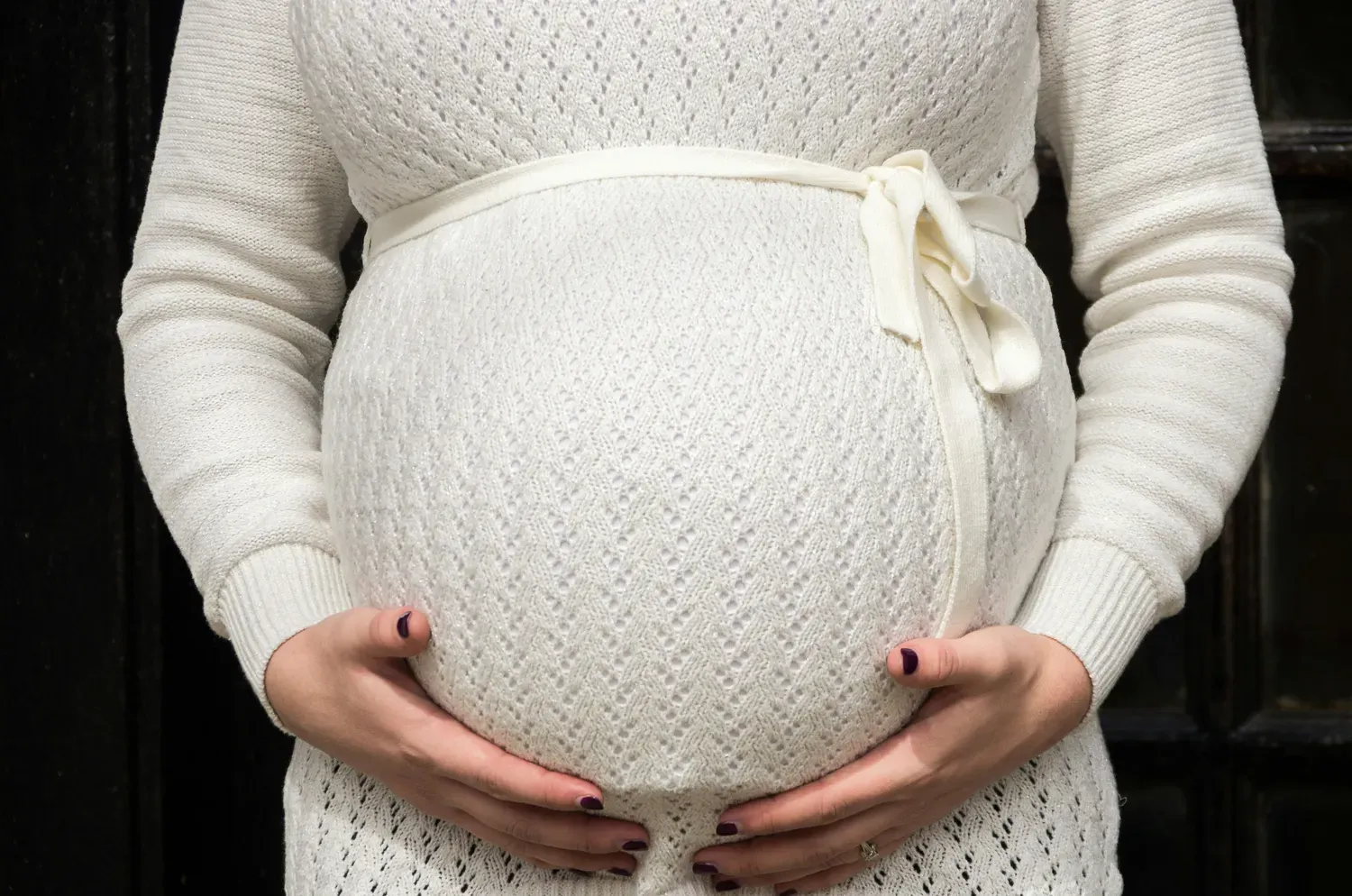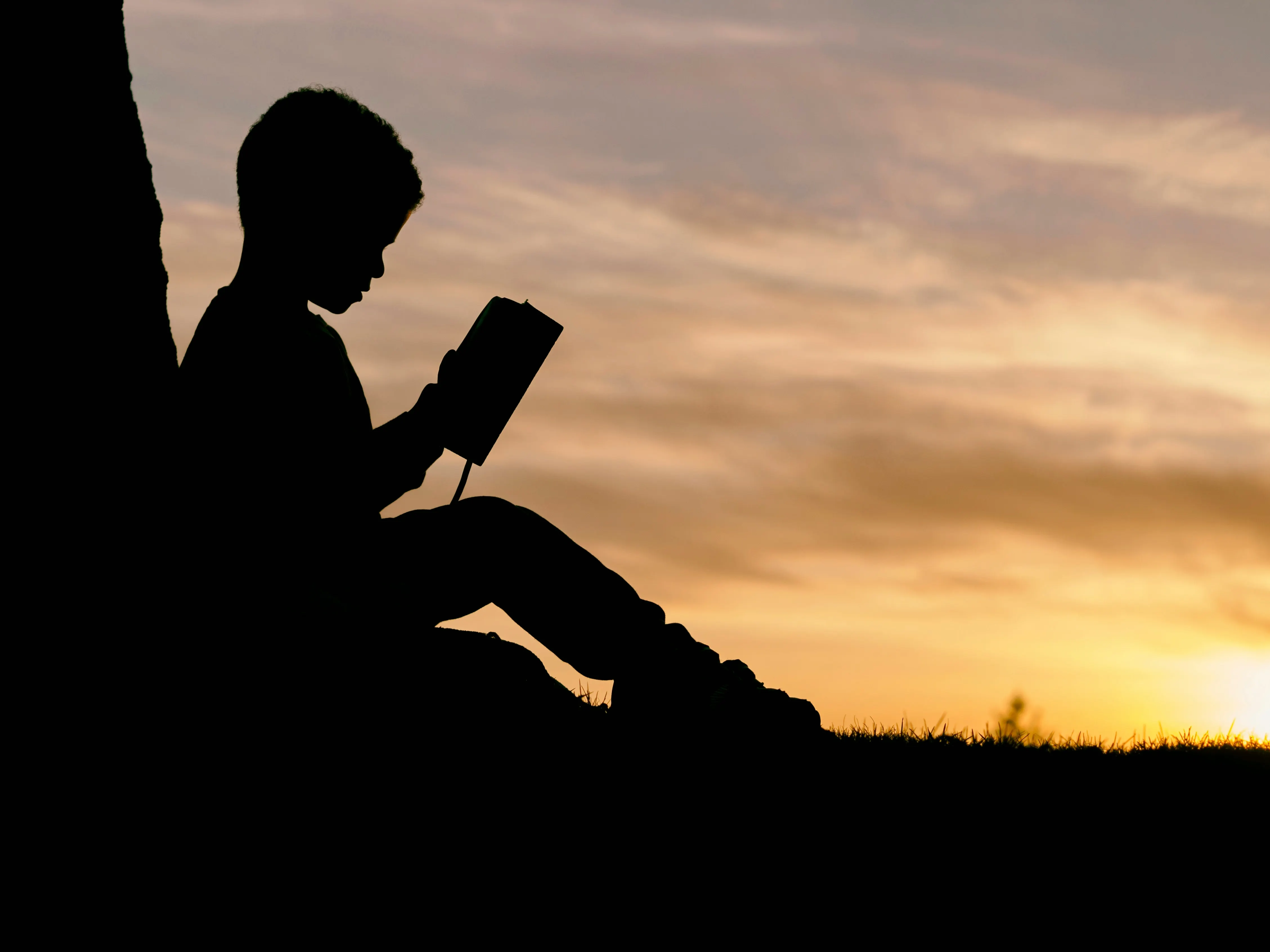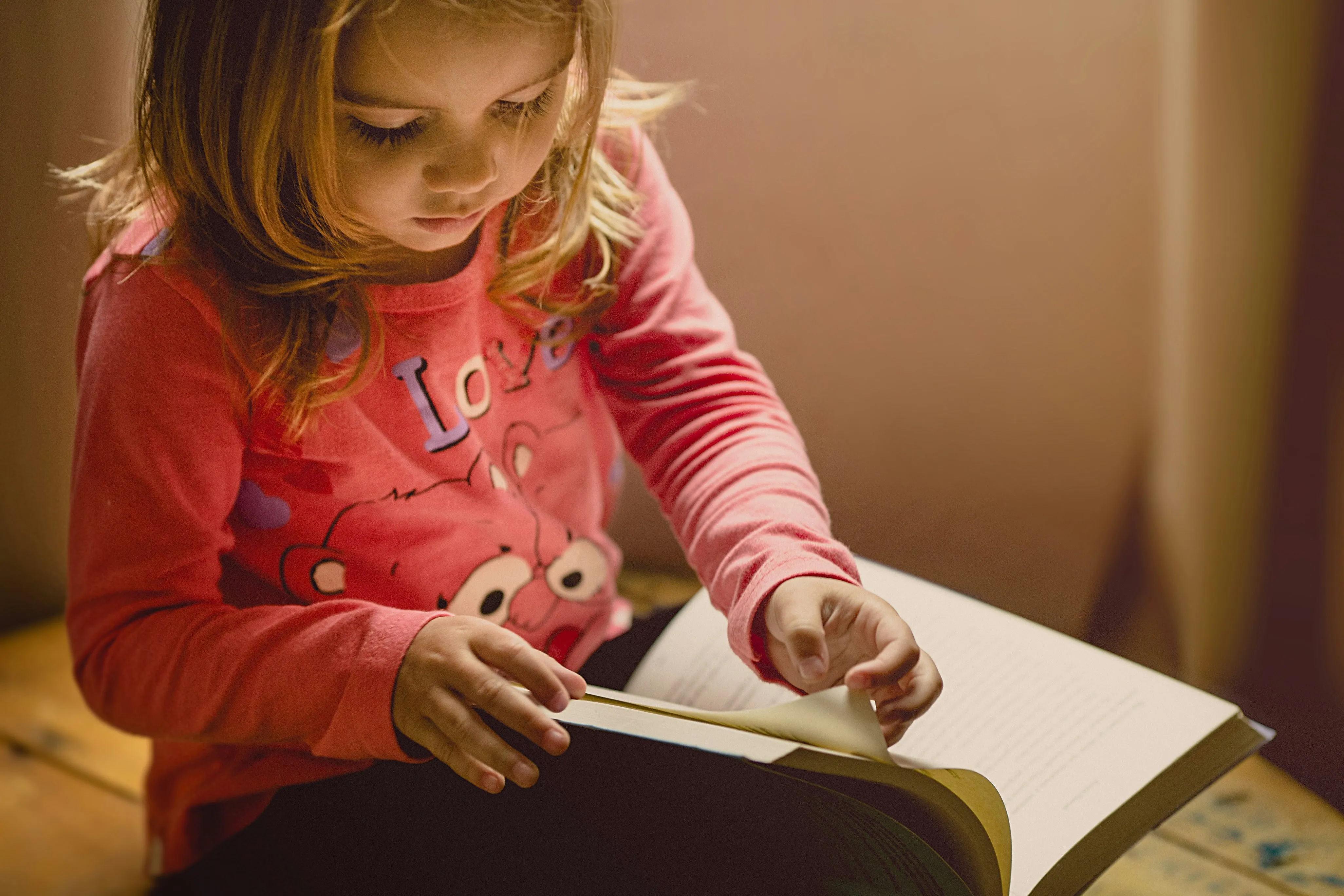Celebrating Events in Early Childhood: Nurturing Growth

Nurturing Growth: Celebrating Events in Early Childhood
Key Highlights
- Exploring the importance of celebrating events in nurturing emotional and cognitive development during early childhood.
- Understanding the role of personalized learning experiences in fostering critical skills like problem-solving and social interaction.
- Emphasizing the significance of tailoring celebrations to educational themes for effective personalized learning outcomes.
- Showcasing examples of personalized learning events that integrate fun activities and significant developmental stepping stones.
- Highlighting the impact assessment through observing changes in engagement levels and learning outcomes for continuous improvement.
Introduction
Early childhood events are very important for a child's growth. When we celebrate stepping stones and achievements, kids improve their social skills. They also learn to express their feelings and communicate better. These events help create a supportive environment.
In this safe space, children can explore new skills and reach their full potential. Understanding how these events matter is key. It helps us provide personalized learning experiences. These experiences can focus on each child's unique strengths and cognitive abilities.
Understanding Early Childhood Development
Early childhood development starts from infancy and goes up to about eight years old. This time is very important for a child's overall growth. It helps shape their thinking, feelings, and body movement. During these years, children show important stepping stones, like speaking and using their hands.
Knowing how early childhood develops can help us create good spaces for young children to grow. This information is very useful for parents and teachers. It helps them give the best learning chances to children, so they can reach their full potential.
The Importance of Early Years
Early childhood is important for a child's growth. This time affects their thinking skills, feelings, and ability to interact with others. When children learn and have experiences early on, they start to think critically and solve problems. This helps them do well in school later.
During these years, kids explore their surroundings, learn to talk, and make friends. These things are key to helping them reach their full potential later in life. This stage is vital for creating a supportive environment that promotes a child’s overall growth and development.
Key Developmental Stepping Stones in Early Childhood
During early childhood, key growth steps are important for checking how a child is doing. These steps include things like motor skills, cognitive development, language skills, and social skills.
When a child reaches these steps, it shows they are making good progress. From taking their first step to solving tricky problems, each step means they are getting closer to their full potential. By knowing and watching these steps, we can create a supportive environment for the child's overall growth.
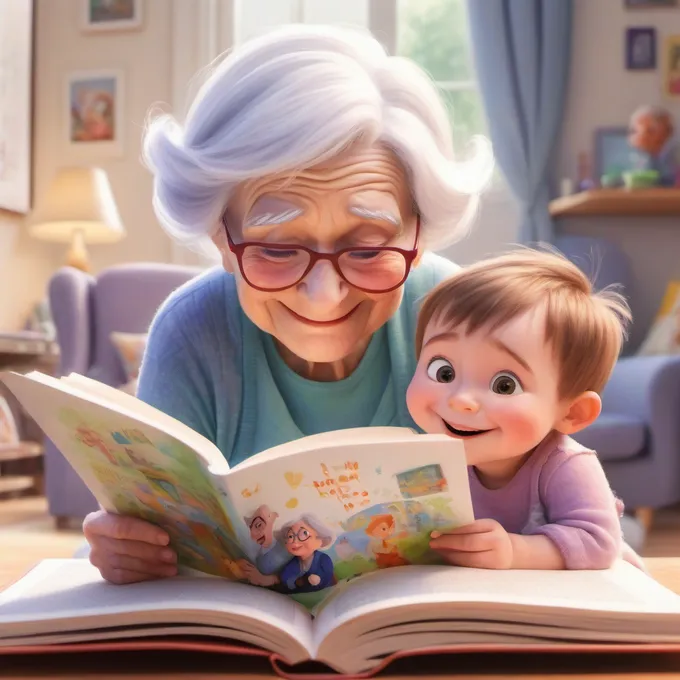
The Role of Events in Childhood Development
Celebrating events in early childhood is very important for growth. These events help to recognize and support big stepping stones. They also promote social skills through fun group activities. When children take part in personalized learning during these celebrations, it helps their thinking and emotional development.
With themed activities and lessons designed just for them, personalized learning events give young children a supportive environment. This way, they can learn and explore effectively. These celebrations help them reach their full potential while having fun.
Celebrating Stepping Stones and Achievements
Celebrating stepping stones and achievements in early childhood is important for helping kids grow. These events not only show how far they've come but also push children to reach their full potential. When we recognize their successes, kids gain confidence and learn to master new skills.
These celebrations are key to improving emotional expression, communication skills, and social growth. They help create a supportive environment that boosts their overall learning experience.
Fostering Social Skills through Group Activities
Group activities are very important for helping young children develop social skills. When kids work together on tasks, it improves their communication skills and empathy. Through play and shared experiences, children learn how to handle social situations, solve problems, and create friendships. These activities help them feel included in a supportive environment. This builds a strong base for healthy social interactions later in life. Encouraging these interactions early on leads to better emotional and social growth.
Introducing Personalized Learning Experiences
Personalized learning experiences focus on what makes each child special. By using activities based on their interests, kids get more involved. This helps them improve their critical thinking and problem-solving skills.
This way of learning supports their emotional development and cognitive abilities, helping each child reach their full potential. With active learning strategies, children can try new skills safely. Personalization helps them hit important stepping stones in their growth and nurtures a love for learning in different ways.
What Is Personalized Learning?
Personalized learning adjusts education to each person's needs, interests, and speed. In early childhood, it helps kids stay engaged, builds their confidence, and leads to better learning. By changing activities to match each child's unique style, personalized learning creates a more effective and enjoyable learning experience.
Benefits of Personalized Learning in Early Childhood
Personalized learning in early childhood helps and supports cognitive development by meeting individual needs. It encourages critical thinking and problem-solving. It also helps improve emotional skills. When learning programs match a child's strengths and style, it creates a great space for growth. This approach encourages active learning and boosts social skills and language development. These are important for the overall growth of a child and for mastering new skills.
Beginner's Guide to Creating Personalized Learning Events

Creating personalized learning events for young children is all about understanding what they like. You should choose fun activities that are suitable for their age and include AI-generated storybooks. By making these events focus on learning themes, parents can help their kids improve their thinking skills and social skills in a caring environment.
These events not only help kids love learning but also build their critical thinking and problem-solving abilities from an early age. By personalizing the learning experience, children can achieve their full potential through fun and adaptable activities.
What You Will Need
A successful personalized learning event needs some important things. First, collect learning materials that suit your child's age and interests. Second, find interactive tools that support different ways people learn. You can also use AI-generated storybooks from LearningTime Canada to make learning more fun and boost cognitive development. Make sure you build a supportive environment that helps your child participate and explore. With these resources ready, you can create an event that enhances your child's personalized learning experience.
Step 1: Identifying Your Child’s Interests
Exploring what your child likes is the first step to making learning more special for them. Notice what grabs their attention, like animals, colours, or vehicles. You can then create fun learning activities that highlight their strengths and keep them engaged. Knowing their interests helps you plan events that match their emotional development and learning needs. This creates a better learning path and promotes their growth. Understanding what they enjoy and do not enjoy is key to designing personal and meaningful learning experiences.
Step 2: Selecting Age-Appropriate Learning Activities
It is important to pick activities that fit the child’s stage of development. Think about their thinking skills and motor skills. Choose tasks that are challenging but not too hard. Activities that help with problem-solving or learning new skills are useful. For example, for toddlers, simple puzzles and sorting shapes work well. Preschoolers might like memory games or basic counting tasks. Selecting activities that match their skills keeps them engaged and helps them learn meaningfully. This choice is vital for their growth and development.
Step 3: Integrating AI-Generated Storybooks from LearningTime Canada
Integrating AI-generated storybooks from LearningTime Canada can make learning more personal for young children. These interactive tools help engage kids and support their language development and cognitive abilities. By using different learning methods, these storybooks meet each child's unique needs. This way, they promote critical thinking and problem-solving skills. With this new approach, children can learn new skills in a supportive environment. This helps them reach their full potential while enjoying the benefits of modern learning programs.
Implementing Personalized Learning in Your Celebrations
To make personalized learning part of your celebrations, plan activities around educational themes. For example, you could have a science-themed birthday party or a historical treasure hunt.
Adding these learning elements to your celebrations helps children learn in a fun way. This approach involves them actively and strengthens their grasp of different ideas while creating a memorable experience.
Tailoring Celebrations to Fit Educational Themes
Think about making celebrations match educational themes. This way, you can mix fun with learning. Adding educational parts to events helps create a well-rounded learning experience. Using themes like science, history, or literature can boost critical thinking and cognitive development in kids. These themed celebrations make learning fun. They also help children connect with different subjects in an engaging way. This promotes a supportive environment for their growth and development.
Examples of Personalized Learning Events
Personalized learning events can come in different ways to suit a child's interests and learning needs. One example is a nature exploration day. This involves kids doing hands-on activities like scavenger hunts, which help build curiosity and care for the environment. Another idea is to host a science fair at home. Here, children can do experiments and learn by discovering things on their own. These special events help improve academic skills. They also boost creativity and critical thinking while being fun and interactive.
Measuring the Impact of Personalized Learning Events
Observing how people engage and what they learn is important to know the impact of personalized learning events. By looking at feedback, we can improve the learning experience even more. When we track how students use new skills and knowledge from these events, we gain valuable insights about their growth. This helps educators understand how well-tailored celebrations support children in reaching their full potential.
Observing Changes in Engagement and Learning Outcomes
When using personalized learning events, it is important to watch how engagement and learning outcomes change. By paying attention to how kids take part in activities and checking their progress, caregivers can improve learning experiences for each child. This observation helps make the learning environment better, ensuring kids are always challenged and supported to reach their full potential. By looking at engagement and learning outcomes, caregivers can adjust their methods to make educational and developmental results even better.
Feedback Mechanisms for Continuous Improvement
To keep improving personalized learning events, it is important to have ways to collect feedback. Getting input from participants, parents, and teachers helps you understand how well the event is working. By looking at this feedback, you can see where things can get better and adjust future events to meet learning goals more effectively. Creating feedback loops supports ongoing learning and growth. This process enhances the effect of personalized learning events on the development of young children.
Conclusion
In conclusion, celebrating events during early childhood is more than just recognizing special moments. It plays an important role in a child's growth. When we add personalized learning experiences to these celebrations, we can improve emotional expression, social skills, and cognitive abilities.
This method creates a supportive environment where children can thrive and reach their full potential. Watching how these personalized learning events affect children helps us improve continuously. This way, each celebration truly supports a child’s growth and learning journey.
Frequently Asked Questions
What are little fun little traditions for kids?
Popular tradition:
- Creating a special family recipe together, whether baking cookies every Sunday or making homemade pizza on Fridays
- Have a weekly family game night where everyone can participate in board games or outdoor activities
- A bedtime routine that includes reading a story or sharing highlights of the day can promote bonding and relaxation before sleep.
- Celebrating small achievements with a high-five or a dance party can also boost children's confidence and create a positive atmosphere
These simple yet meaningful traditions can bring warmth and closeness to family life while fostering happy moments for kids to cherish.
How can parents integrate personalized learning into daily routines?
Parents can add educational activities to their child's daily life. You can use fun play, creative tasks, or learning games.
This way, you make personalized learning part of your child's normal routine. This will help with your child's growth while they enjoy their day-to-day activities.
What types of personalized learning activities are most effective for early childhood?
For young children, good personalized learning activities are those with hands-on projects, fun games, and creative storytelling. When activities match their interests, kids stay more engaged and remember better. Working in groups helps improve their social skills by promoting teamwork and communication.
Can personalized learning events be organized for groups of children?
Personalized learning events can be set up for groups of kids. This helps each child grow while they are with others. By adjusting activities to fit different needs and interests, these events support their development. They also build a spirit of community and teamwork.
What resources are available for parents interested in personalized learning?
You can find many resources for parents who want personalized learning for their kids. Check out educational apps, online platforms, and community programs. You can also explore virtual libraries, interactive tools, and support groups for parents. These can help make your child's learning experience better.
Citations:
https://www.zerotothree.org/resources/series/the-importance-of-early-childhood-development
https://www.childdevelopmentinfo.com/early-childhood-development/
https://www.naeyc.org/our-work/families/importance-play
https://www.zerotothree.org/resources/series/early-childhood-development
https://www.scholastic.com/parents/family-life/parent-child/why-early-learning-is-important
